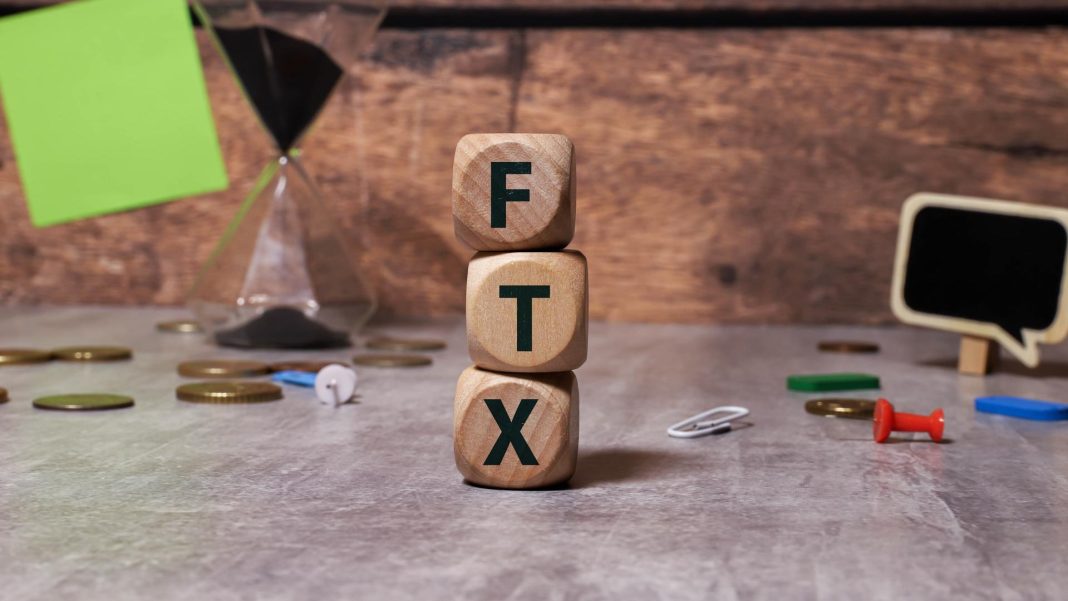FTX is back in the headlines, and not for good reasons. The crypto exchange, which collapsed just over two years ago, is still trying to recover lost funds from former partners.
Money talks
In its latest move, FTX has set its sights on Binance and its former CEO, Changpeng Zhao.
So FTX’s legal team is seeking $1.8 billion, claiming that this amount was fraudulently transferred by its former CEO, Sam Bankman-Fried.
The lawsuit alleges that back in July 2021, SBF transferred about $1.76 billion worth of FTT, BNB, and BUSD tokens to Binance and some of its executives, including CZ.
This transfer was significant enough that it led to the sale of 20% of FTX’s international business and over 18% of its U.S. operations.
Where did the money came from, if the exchange was insolvent?
FTX’s current leadership claims that both FTX and Alameda Research may have been insolvent from the very beginning and were definitely balance-sheet insolvent by early 2021. This raises serious questions about the legitimacy of those transactions.
The lawsuit also accuses CZ of making false, misleading, and fraudulent tweets that allegedly sped up the downfall of FTX.
Remember when CZ tweeted on November 6, 2022, that Binance planned to sell its entire FTT token stash, which was valued at around $530 million at the time?
That tweet triggered a wave of withdrawals from FTX, leading to its collapse just days later.
Lawsuits everywhere
Since the fall of FTX, the new management has been busy launching lawsuits against various former partners and investors.
Just recently, they settled a legal dispute with Bybit for $228 million. As FTX continues to navigate these turbulent waters, it’s clear that the fallout from its collapse is pretty far from over.


